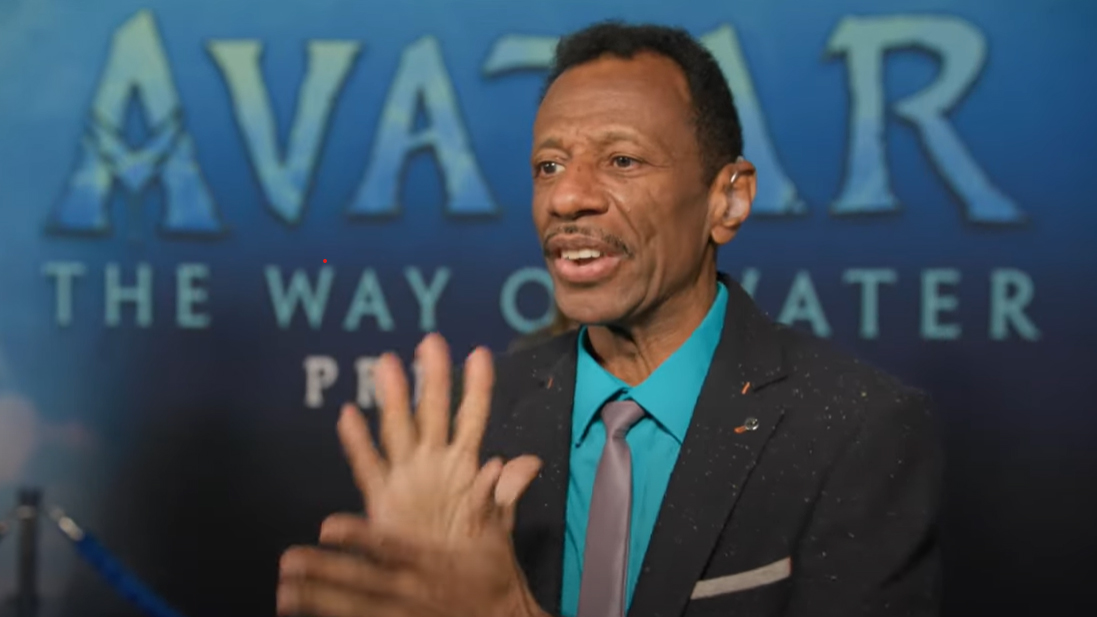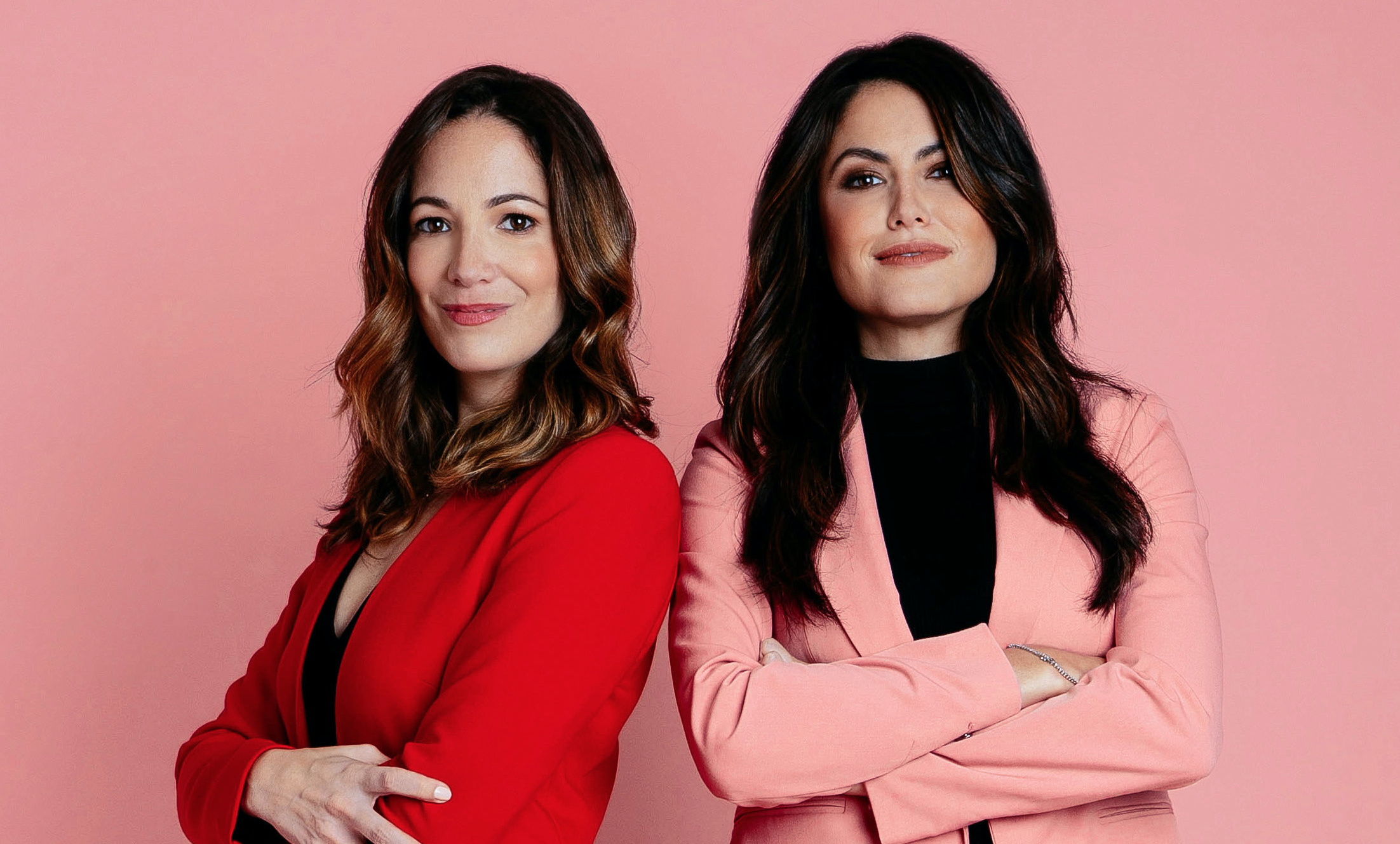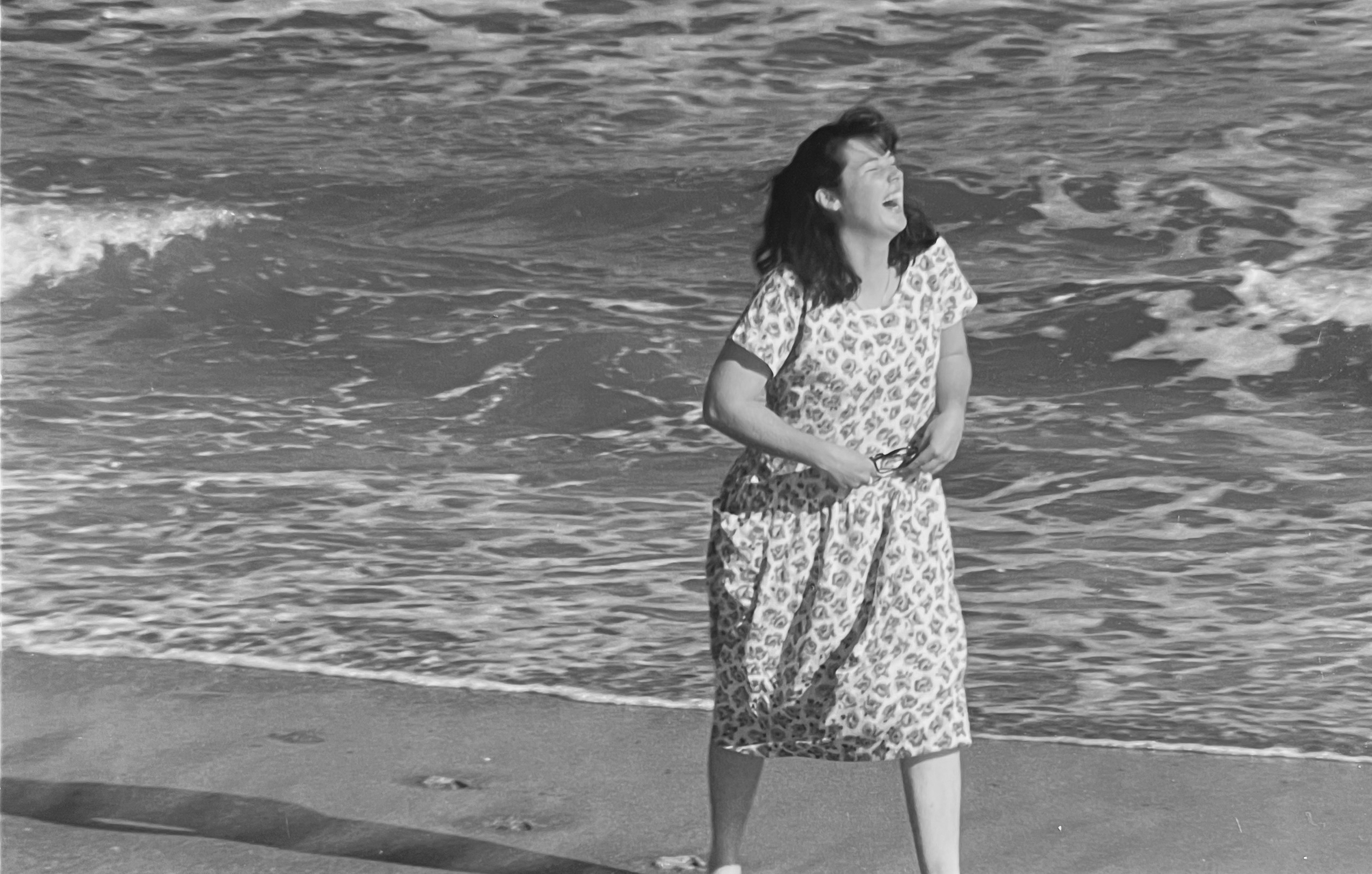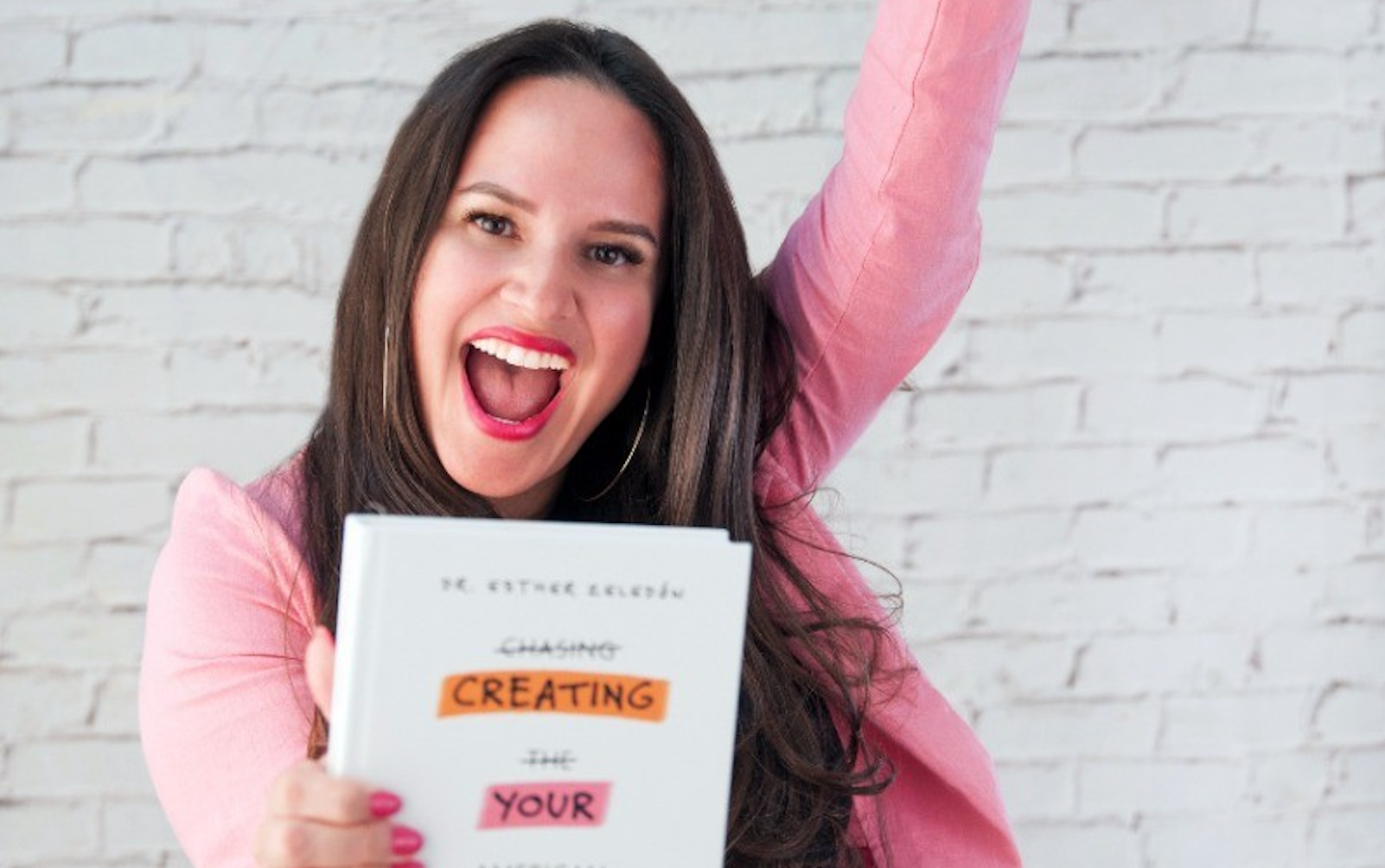
When it comes to one of the biggest financial hurdles to getting ahead in life, student debt ranks at the top for many current and former college students, especially for women. A news report from January 2022 found that Americans owe about $1.75 trillion in student loans, according to data from the Federal Reserve. Millennials (the generation born between 1981 and 1996) in particular owe an average of $38,877 in student loan debt, according to an Experian consumer debt study. And 36% of US millennials say student loan debt is keeping them from owning homes, and essentially living a life of financial freedom the way older generations have been able to.
If millennials are facing such a huge hurdle at an age where previous generations may have already bought a home, this cannot be good news for future generations either. With the current economy the way it is, how can millennials find a realistic path forward to financial prosperity, or at the very least getting rid of student debt?
And while the nation eagerly awaits to see what happens with the fight over President Biden’s policy to cancel student debt, there are financial leaders who are using their expertise and experience to help debt holders find relief and live a better life.
One of those leaders is Tonya Rapley, a financial expert and influencer helping millennials drowning in debt to forge a new path and become the CEOs of their own lives. As a millennial herself who had been stuck in her own financial battles, Tonya speaks from experience as viewers can see in the TV series ‘Going From Broke’, which just premiered its 3rd Season on Crackle. Tonya co-hosts the show with Dan Rosensweig (CEO of Chegg), which is produced by Ashton Kutcher and Chicken Soup for the Soul Entertainment.
At a time where student debt is crippling many millennials from thriving, this show is bringing resources and strategies into the lounge rooms of the nation and showing debt holders a way forward. We had the chance to speak with Tonya about her own story that led her to this career, how realistic it is to ever get out of debt, and what she hopes viewers will love most about the featured characters she mentors on the show.
How did you first become involved in the show ‘Going From Broke’ and what made you want to be part of it?
Ashton and Dan reached out to me because they were seeking a new host for the season, and after watching the seasons, I felt like the show was effective and helping guide people through financial change. I felt like it was also a good step in the next direction of my career – I wanted to help people and also get experience on a smaller format show, and it’s been a wonderful experience so far.
Your mission is to help people, especially millennials, break the cycle of living paycheck to paycheck. For those who might be in that situation, how realistic is it to get out of this?
It’s as realistic as you focus on it becoming. When it comes to breaking the cycle of living paycheck to paycheck, there are two things most people need to understand: You need to increase your income or decrease your expenses, and you have to commit to doing one of those things or both of those things to be able to get ahead. Cutting your expenses isn’t always comfortable. And sometimes it’s hard to find the time to bring in extra money, but it does require you to get creative. It is realistic, especially if you focus on it, and tune into things and examples of other people who have done it before you.
Can you share more of your own personal story and what made you become a fierce proponent for financial empowerment?
I was my own first student after experiencing domestic violence and my finances being negatively impacted throughout college. When I graduated from college, I went and got a job and realized that I couldn’t get ahead without addressing the issues that I had taken on as a result of college and as a result of my own financial negligence. And so I had to learn how money worked better and started just one step at a time, making small changes.
What is your role on the show and how do you mentor the millennials you work with?
My role in this show is co-host and co-executive producer. In that role, I’m giving people budgets, looking at and analyzing their existing budgets, and understanding what actions will create the financial changes they’re seeking to instate in their lives, as well as giving them tough love when needed. My approach is compassionate accountability, so we’re not going to judge you for making certain financial decisions, but we are going to hold you accountable for the decisions that you’ve made and remind you of what your goals are.
In Season 3, were there any stories that stood out to you especially, that you think viewers will really like?
All the stories were really, really special to me. I think that Melody stood out in particular because she is a mom who was willing to do anything for her son, and that also meant that she put her dreams on the back burner and took care of him. She took out credit card debt while she helped him through his health journey. Giselle and Jermaine also stood out to me. Jermaine is a military vet, and I have a soft spot in my heart for military veterans.
But everybody in this show in this season was special to me. There are so many wonderful people this season and last season, people that we got to help and it really just crystallized the importance of the work that we’re doing with ‘Going From Broke’, and I wish we could help even more people but we do have limited resources and capacity.

Student debt is a big issue across the country, and it has also become a major political topic. From your expertise, what kind of changes do we need to see on a micro and macro level until we stop generations of students living with so much debt?
One of the issues I have with student loan debt is at 18 years old, even though we’re legally of age, we’re not fully adults, and I don’t think young adults are given enough time to understand what they want to do with their lives before they take out thousands of dollars that they’ll have to repay in the future. It’s not necessarily just about financial literacy, but an overall awareness and education what student loans are.
I think it is important to have students think once, twice through, or even three times, before they take out this debt. It’s not just about signing a promissory note. They really need to understand in the real world how the amount of debt they’re taking out is going to impact them and what it looks like to actually make money in the real world. That could be done through some sort of financial simulator, giving them an idea of, “if you take out $60,000 of student loan debt, this is what your student loan repayment amount is going to be. But the average job that you will get when you graduate is going to be this – so you have to figure out how to pay all your bills while paying the student loan back.”
I also think that there needs to be more flexibility as far as college affordability. We pay a lot of taxes, and education isn’t prioritized in this country the way it could be. Not enough people take advantage of the free educational resources, but more people really would take advantage of them if they knew they were available. Free Community College is definitely a start. But I would also like to see the system change from the top. A lot of times the barrier to entry is a degree, when the person actually can do the job and the degree did not give them any qualifications other than proving that they could stay with a course of study.
So I would like more entry-level jobs to be more open to students who might not have gone to expensive four-year universities.
For many communities of color, systemic racism and discrimination is an added layer to financial constraints. How do advise your clients to navigate this area, and how have you dealt with this yourself?
When it comes to systematic racism, that’s something that you can’t necessarily get away from, that isn’t necessarily going away any time soon. When I was younger, I had the belief that I had to “outwork” people, but one of the most important things I learned is to find allies in your space who will help you and advocate for you.
That’s where networking comes into play. There are ways for you to build and expand your network so that you have more people to advocate for you. Sometimes they’re not going to let you in, so you have to look for a way to get in. And sometimes that means creating your own network.
The notion of “just work harder” is a flawed suggestion at best. What can you tell us about generational wealth and the way wealth is built in this country so we can understand how to find a realistic path forward to financial freedom?
Generational wealth is largely built through passive income. If you have to always work for your money, then it’s going to be difficult for you to get ahead, but It’s not impossible. It is learning how to invest your assets and the income that you have so they can eventually make more money for you and allow you to buy more assets.
What do you hope viewers will learn and love most about the new season of ‘Going From Broke’?
I hope they see themselves in each of the cast members. I think that we covered a large variety of scenarios and dynamics and I hope that people see themselves in it. For the people who are feeling hopeless about their finances, I hope they understand that sometimes it’s a small change that could lead to big rewards, and sometimes it’s a big change that you have to make. But it does start with making a change. And the thing I love about this show is that you watch other people make the change, and that in turn can inspire you to start making changes in your own life.
You can watch Season 3 of ‘Going From Broke’ for free on Crackle TV. Learn more about Tonya Rapley by checking out her website My Fab Finance, and following her on Instagram and Twitter.

















